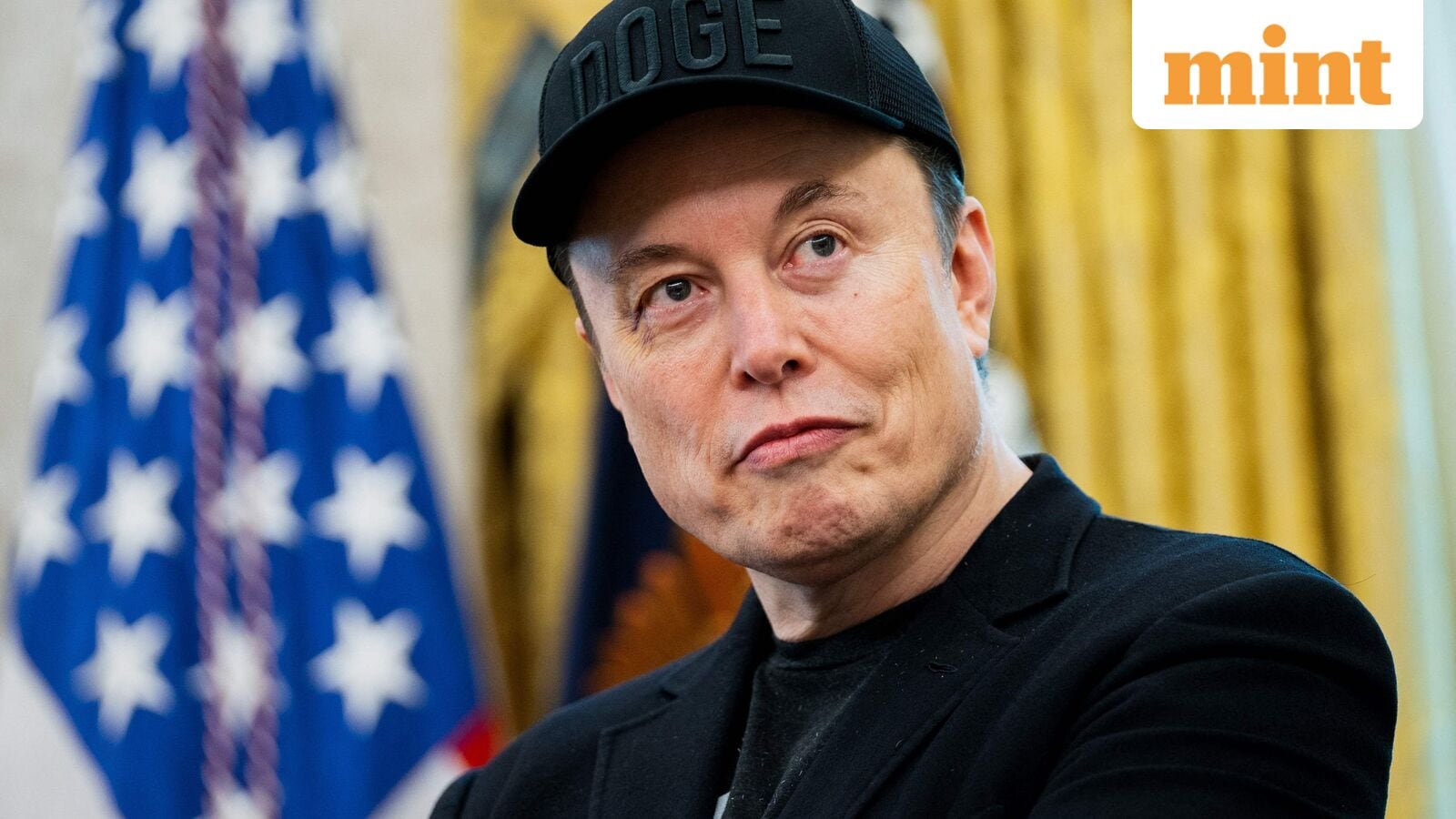The Big AI Trade in Europe Is All About Data Centers and Power

(Bloomberg) — As the artificial intelligence frenzy drives global equities to record highs, in Europe the momentum is flowing into industries critical to powering the technology.
A basket tracking shares of 10 European firms such as data center operators and infrastructure providers has rallied 23% this year, beating a 12% advance in the Stoxx Europe 600 Index and even outperforming the Nasdaq 100, home to the US tech heavyweights.
While that’s a far cry from the 69% boom in US power stocks, investors including BlackRock Inc., JPMorgan Asset Management and Ninety One Plc are betting the European names can close the gap as they benefit from hundreds of billions of dollars in global AI spending.
“It’s not as sexy to talk about infrastructure as it is to talk about some of the big US tech names,” said Helen Jewell, chief investment officer of EMEA fundamental equities at BlackRock. “But we are literally just at the beginning of it. Power infrastructure, grid stability, energy efficiency: that is the AI story in Europe less than on the software side.”
Enthusiasm around AI picked up again this week after a wave of alliances across the world including with Nvidia Corp. boosted stock markets, with the MSCI All-Country World Index hitting an all-time peak.
European technology stocks haven’t quite benefited to the same degree, as their exposure to the Nvidia supply chain is limited beyond a few chip equipment names. The Stoxx 600 Technology Index is up only about 6.7% this year, with firms’ profit outlook trailing US and Asian peers.
But those considered AI proxies, such as Siemens Energy AG, offer a sharp contrast. Its shares are up 111% this year. Along with the power generator, fund managers also flagged opportunities in telecoms firm Orange SA and grid operator National Grid Plc.
Power generators are in pole position as AI models require a lot of energy to run. Siemens Energy is a top pick in the European equity fund of Ninety One, which manages $192 billion in assets.
“It is absolutely mission critical in getting power from the grid to data centers,” Ben Lambert, fund manager at Ninety One, said about Siemens Energy.
Shares of the German energy firm rallied in January after President Donald Trump announced a joint venture led by SoftBank Group Corp., OpenAI and Oracle Corp. that will fund billions of dollars worth of AI infrastructure.
Despite those gains, the stock is trading at a 60% discount based on its price-to-earnings ratio to its US counterpart GE Vernova Inc. The two firms together with Mitsubishi Heavy Industries Ltd. account for more than 70% of production capacity in the gas turbine sector.
When it comes to energy transmission, Italian cable maker Prysmian SpA’s earnings potential has made it a favorite for investors including Xiadong Bao, co-manager of the Edmond de Rothschild Fund Big Data. The stock is up 41% this year and is trading at 20-times forward earnings, cheaper than chip-equipment maker ASML Holding NV’s 35 times.
Alexandra Sentuc, European equity portfolio manager at JPMorgan Asset Management, flagged an opportunity in French maker of sockets and cables Legrand SA, which also provides data centers with server racks, electrical equipment and cooling technologies.
“We’re seeing European industrials really benefit from the surge in data center growth driven by AI,” Sentuc said.
The firm generated 20% of revenues from data centers last year and lifted its full-year sales guidance in July, based on the growing AI demand. The stock is up 52% this year.
Another way to access the theme is telecom firms that already run data centers that can be refitted for AI use. France’s Orange operates more than 70 data centers and is planning to expand, although it’s unclear how many of those will be dedicated to AI.
Finland’s Nokia Oyj is another potential beneficiary, as it produces network switches for data centers. Morgan Stanley analysts said the consensus estimate for Nokia’s 2026 revenue could rise by €300 million ($352 million) if it continues to grow its hyperscaler-linked sales.
“It’s still a tangible play from the geopolitical standpoint, as Europeans will be hesitant to adopt Chinese or US switch makers,” Edmond de Rothschild Asset Management’s Bao said, referring to Nokia.
To be sure, the broader rally in these sectors is confronting risks such as poor liquidity, with few passive funds tapping into the theme. Stringent AI regulation can also be a deterrent to wider adoption.
Yet, if both governments and the private sector deploy the money, European stocks powering AI are likely only seeing the beginning of a new era. Investments have already started flowing to Europe, with Nvidia expanding technology centers in the UK, France, Spain and Sweden.
“The AI world is a bit like the cold war, where everybody wants to get to the moon,” Bao said. “But for us, especially European investors, it’s better to look at the AI race as a marathon, which means monetization will increase progressively.”
–With assistance from Michael Msika, Neil Campling, James Cone and Henry Ren.
More stories like this are available on bloomberg.com




